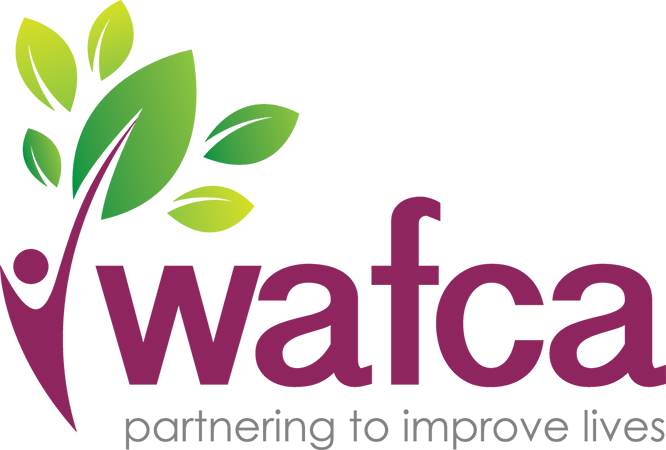|
Below are funding opportunities previously featured in our WAFCA E-News. All opportunities will remain posted until the application due date expires.
Qualified Treatment Trainee Grant Opportunity – Emerging Agency Award. Emerging Agency Awards support an agency that has not historically been able to hire and supervise a post-graduate QTT to begin the preparations to do so using best practices. Eligible agencies have necessary activities to complete to have capacity to hire and internally supervise a post-graduate QTT position within the next 24 months.
Training Grants and Programs Available to Boost Health Care Workforce. Strengthening the health care workforce is a key priority for Wisconsin, and the Department of Workforce Development (DWD) has training grants and programs available to help organizations address employment challenges. Funding is available now through Wisconsin Fast Forward to help employers launch an apprenticeship or alternative employee training program.
Maternal Health Innovation Community Conversations. The Maternal Health Innovation (MHI) Program is seeking partners across Wisconsin to host community conversations during June–September 2026 that will focus on maternal health and substance use.
Learning Event Support. Advancing Healthier Wisconsin’s Learning Event Support opportunity aims to improve the health of the people of our state by advancing Wisconsin’s health workforce to be increasingly more accessible, equipped, and representative to improve health for all Wisconsin residents. Funding will support Wisconsin-based learning events that build knowledge, skills, and networks among current Wisconsin-based health professionals and the next generation of leaders to explore new ideas that can be applied to their work to improve health in Wisconsin communities. |

